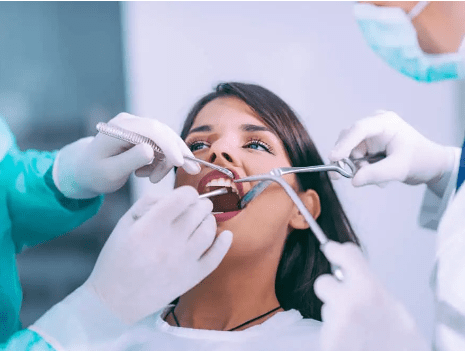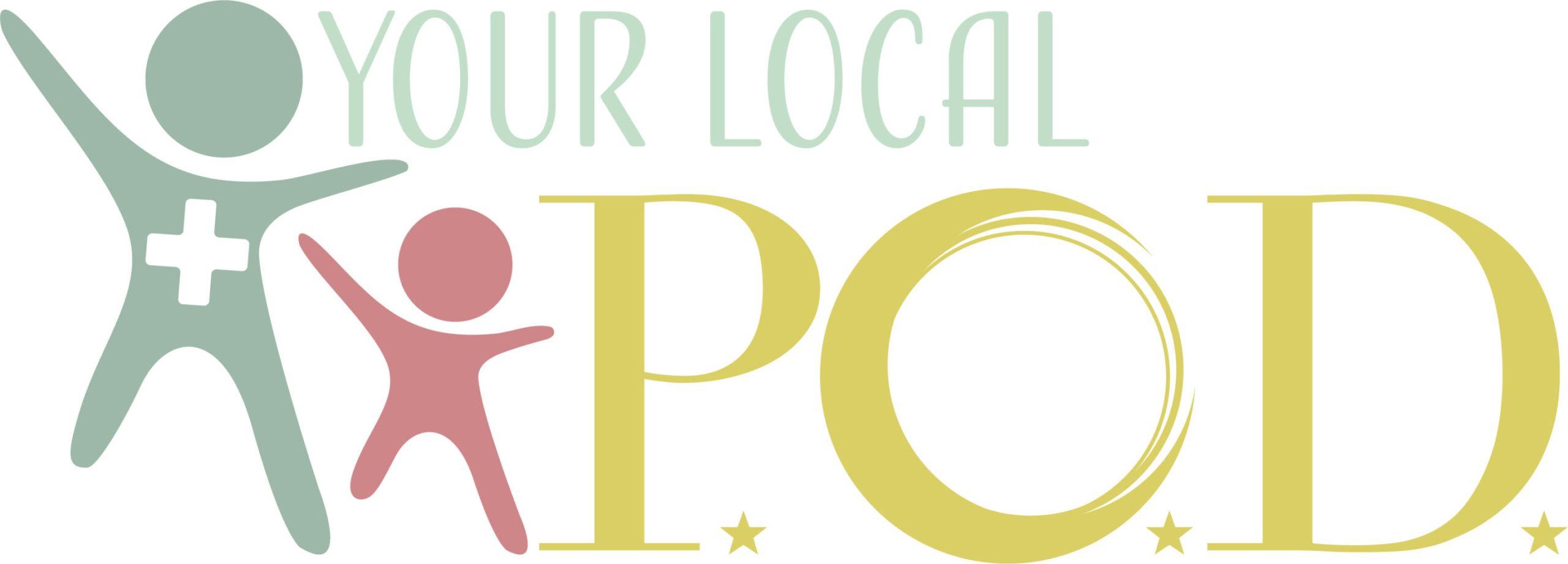Emergencies don’t abide by schedules. They can strike at any moment, including when you least expect it—like in the middle of the night or during a weekend getaway. While many may associate emergency rooms with medical crises, dental emergencies are equally urgent and require swift attention.
In this comprehensive guide, we’ll delve into the world of emergency dentistry in NYC, shedding light on its importance, common scenarios, and the critical steps to take when dental disasters strike.
What Can Be Considered Dental Emergencies?
Dental emergencies encompass a broad spectrum of urgent oral health issues that demand immediate care to alleviate pain, prevent further damage, and preserve dental function.
These emergencies can arise from various factors, including accidents, trauma, sudden pain, infections, or complications from previous dental work.
Common Dental Emergencies
- Chipped, Cracked, or Broken Teeth: Accidents happen, and when they involve your teeth, the consequences can be dire. Whether it’s a sports injury, a fall, or biting down on a hard object, a chipped, cracked, or broken tooth requires prompt attention to prevent infection and preserve the tooth’s structure.
- Lost Fillings or Crowns: Losing a filling or crown can expose the vulnerable interior of the tooth to bacteria and cause sensitivity and pain. Seeking immediate dental care is crucial to prevent further damage and restore the tooth’s integrity.
- Dental Abscess: A dental abscess—a painful infection at the root of a tooth or between the gum and tooth—can lead to severe pain, swelling, and even systemic complications if left untreated. It requires immediate intervention to drain the abscess, alleviate pain, and prevent the infection from spreading.
What to Do in a Dental Emergency?
- Stay Calm: In the face of a dental emergency, staying calm is paramount. Panicking can exacerbate the situation and hinder your ability to take the necessary steps to address the issue effectively.
- Assess the Situation: Evaluate the severity of the dental emergency. Is it causing severe pain, bleeding, or swelling? Is there visible damage to the teeth or surrounding tissues? Assessing the situation will help determine the urgency of seeking dental care.
- Contact Your Dentist: Reach out to your dentist as soon as possible, even if it’s after hours. Many dental practices have protocols in place to handle emergencies outside regular business hours, providing guidance or arranging urgent appointments.
- Manage Pain and Discomfort: While awaiting dental care, you can take steps to alleviate pain and discomfort. Rinsing with warm salt water, applying a cold compress to reduce swelling, and taking over-the-counter pain relievers can provide temporary relief.
Emergency Dentistry: The Role of Dental Professionals
Emergency dentists play a crucial role in emergency dentistry, providing prompt, skilled care to address urgent oral health issues. Emergency dentists are equipped with the expertise, tools, and resources to assess, diagnose, and treat various dental emergencies effectively.
Upon arrival at the dental office, the dentist will conduct a thorough examination, including X-rays if necessary, to assess the extent of the damage and formulate a treatment plan tailored to the patient’s needs. Depending on the nature of the emergency, treatment may involve procedures such as tooth repair, restoration, extraction, or infection management.
Preventing Dental Emergencies
While some dental emergencies are unavoidable, many can be prevented with proactive oral hygiene practices and lifestyle choices.
- Practice Good Oral Hygiene: Brushing twice daily, flossing regularly, and attending routine dental check-ups can help maintain optimal oral health and identify potential issues before they escalate into emergencies.
- Use Protective Gear: When engaging in high-risk activities such as contact sports or DIY projects, wearing protective gear such as mouthguards or helmets can help prevent dental injuries.
- Avoid Harmful Habits: Avoid chewing on hard objects like ice or pens, as this can increase the risk of tooth damage. Similarly, refrain from using your teeth as tools for tasks like opening packages or bottles.
Wrapping Up!
When it comes to emergency dentists, swift action can make all the difference between saving and losing a tooth, alleviating pain, and preventing further complications. By understanding common dental emergencies, knowing how to respond, and seeking prompt, professional care, individuals can safeguard their oral health and minimize the impact of unexpected dental crises.
Remember, in the event of a dental emergency, time is of the essence—so don’t hesitate to reach out to your dentist for assistance!






